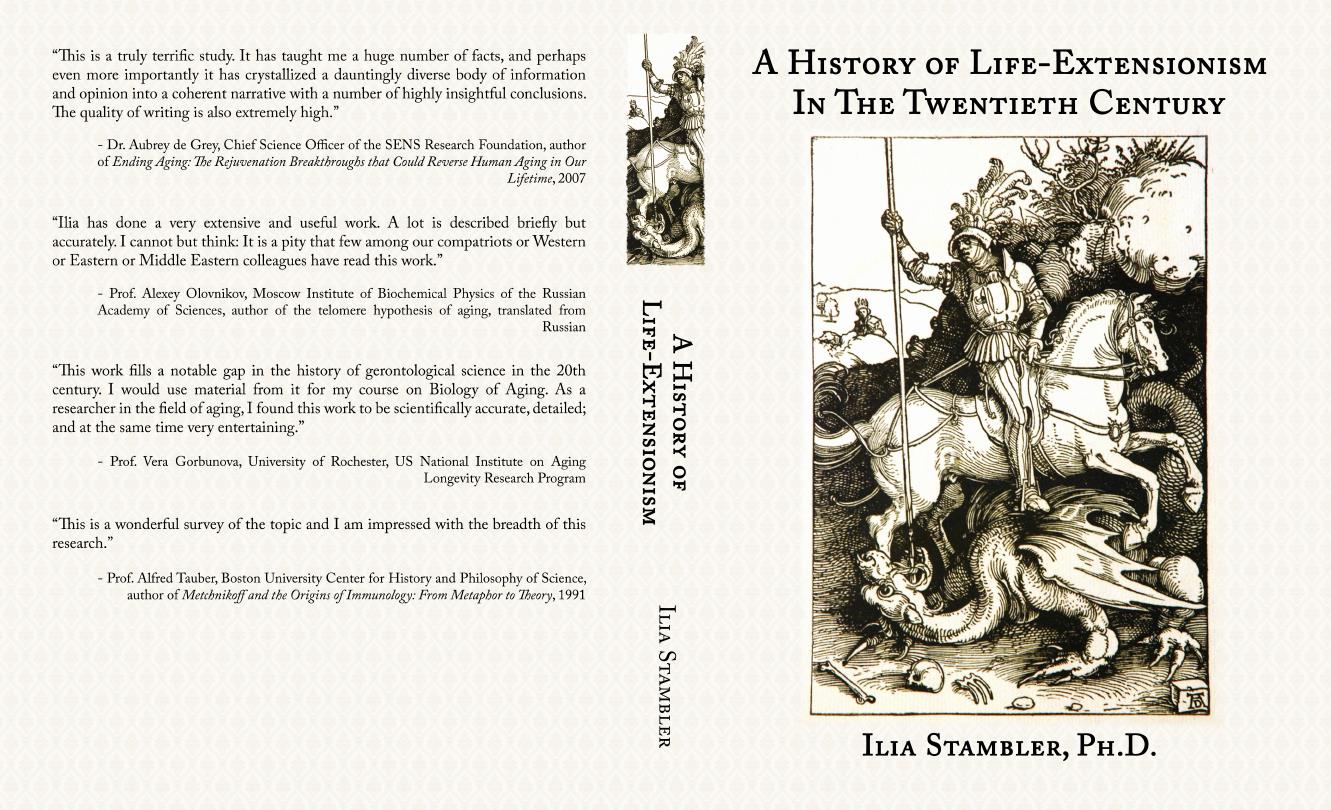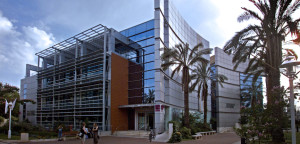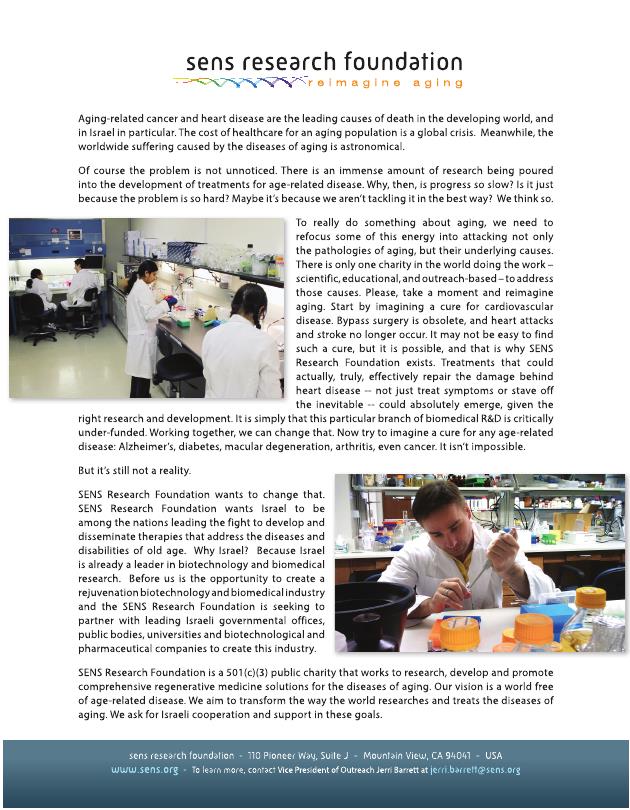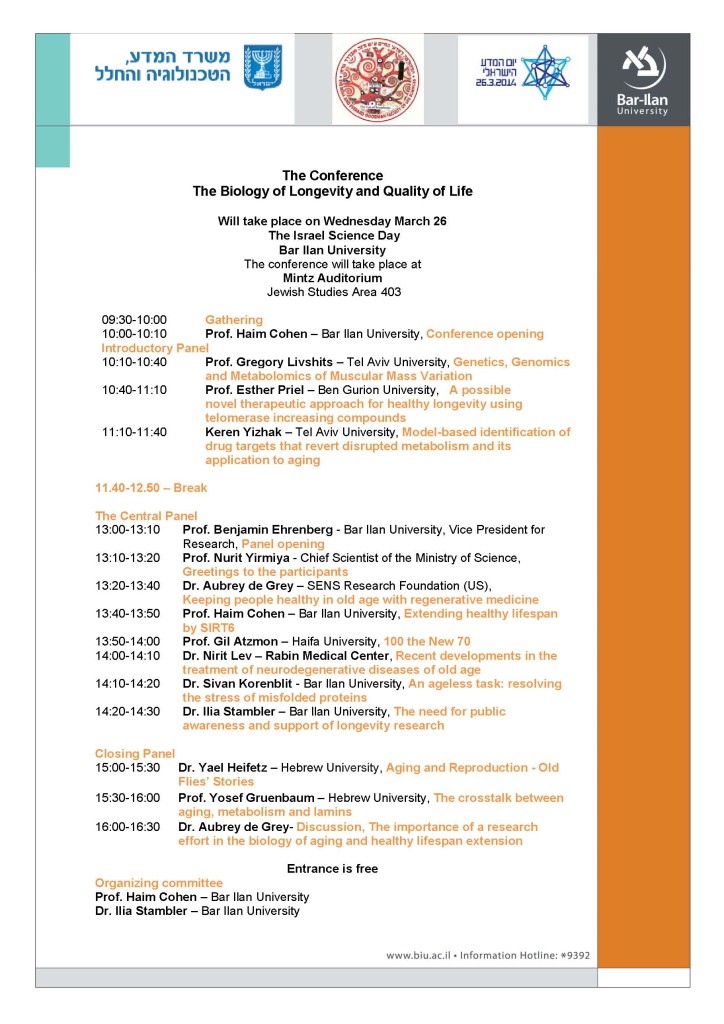The conference gathered some of the foremost experts in Israel on biology of aging and longevity. Over 200 people attended. Special thanks go to Dr. Aubrey de Grey, Chief Science Officer of SENS Research Foundation, who was the guest of honor and key note speaker at the conference and the accompanying events of the Israel Science Day, on the special Invitation from the Ministry of Science.
(See the conference program http://www.singulariut.com/2014/03/731)
This was the largest conference in Israel so far on biology of aging and longevity in terms of attendance. The conference was followed by a series of public events, mini-conferences and media appearances within the framework of the Israel Science Day.
The media responses to the conference and generally to the topic of longevity research and increasing healthy lifespan were very extensive and extremely positive (despite some exaggerated titles). Some of the media responses are listed here, including:
YNET http://www.ynet.co.il/articles/0,7340,L-4503579,00.html
http://www.ynet.co.il/articles/0,7340,L-4494773,00.html
Israel Hayom http://www.israelhayom.co.il/article/172143
Galei Zahal http://www.icast.co.il/default.aspx?p=Podcast&id=395226&cid=470477
Altogether, the conference, the public events and the media coverage raised unprecedented interest in the topic of biology of aging and longevity in Israel, both in the professional research community and the broad lay public. The broad public promotion was accompanied by extensive networking within the professional research community and with decision makers, particularly at the Ministry of Science.
I am happy to report that the advocacy efforts bore fruit!
Recently, the Israel Ministry of Science established a research program entitled “The development of scientific and technological infrastructure in the area: science, technology and innovation for the sake of the elderly”. The call for research proposals is included in the link below. The program budget for the year 2015 is set up to 15 million shekels (about $4.2 million). The program includes 3 major areas: 1) Technology, 2) Life Sciences and Medical Sciences, 3) Social and Behavioral Science – for the sake of the elderly.
The Technology area includes such topics as Information and Communication Technologies, Nano-medicine (diagnosis and treatment), Medical robotics, Bioengineering and more. The Life Sciences and Medical Sciences area includes such topics as cell and molecular biology, immunology, brain research, specific and personalized diagnosis for the elderly and more. The Social and Behavioral Sciences area includes such topics as improving social participation and status of the elderly, their cognitive and mental state, socio-economic and public health evaluation and planning and more.
The call for proposals encourages research and development aiming at practical applications or having the potential to become practical applications for the sake of the elderly. Furthermore, it encourages inter-disciplinary research. Thus, submissions can be made in one of the three areas, or their combinations (2 or 3 areas at once). Grants will be given for 3 years. If submitting in one area by a single research group, the grant is said to be up to NIS 500,000 (~$ 138,000), if in 2 areas – up to NIS 1.2 million (~$ 333,000) and if in 3 areas – up to NIS 2 million (~$ 555,000). The grants are said to be for Israeli researchers. Submissions deadline is October 27, 2014.
Complete instructions can be found at this link:
http://most.gov.il/Information/Calls/Pages/JC2.aspx
See also: http://www.israel21c.org/rd-for-the-elderly/
Congratulations to everybody on this highly positive development for longevity research!
Thanks to all who are daily contributing to its success!
Yet, clearly this is just one step on the road. Beside the improved ability to conduct research, the establishment of the Israeli Longevity Research program proves beyond any doubt: Advocacy works! Raising massive public awareness combined with reaching out to the professional community and decision makers can produce tangible support for aging and longevity research!
Hoping for more advocacy efforts and collaborations in order that the scientific biological and medical research and technological development aimed for improving the healthy longevity of the elderly – will receive the foremost place in the Israeli and International research and development agenda. The growing aging population and the rapid development of science and technology dictate the foremost place for longevity science.
Sincerely yours,
Ilia Stambler






